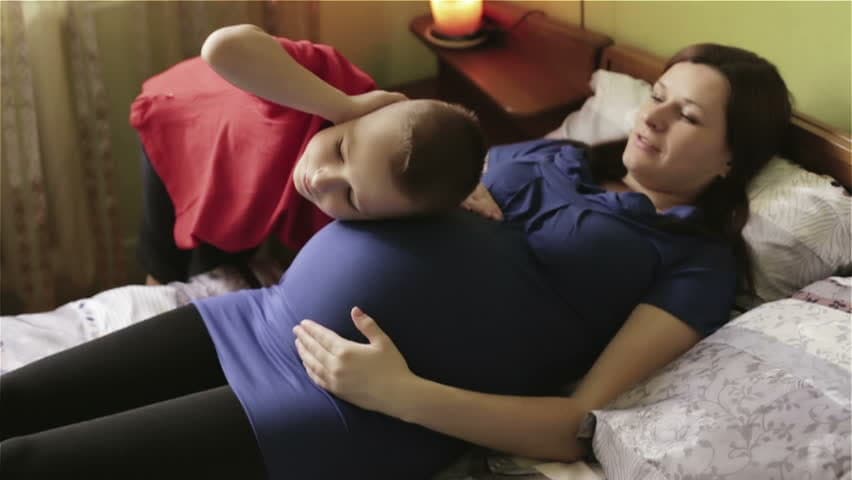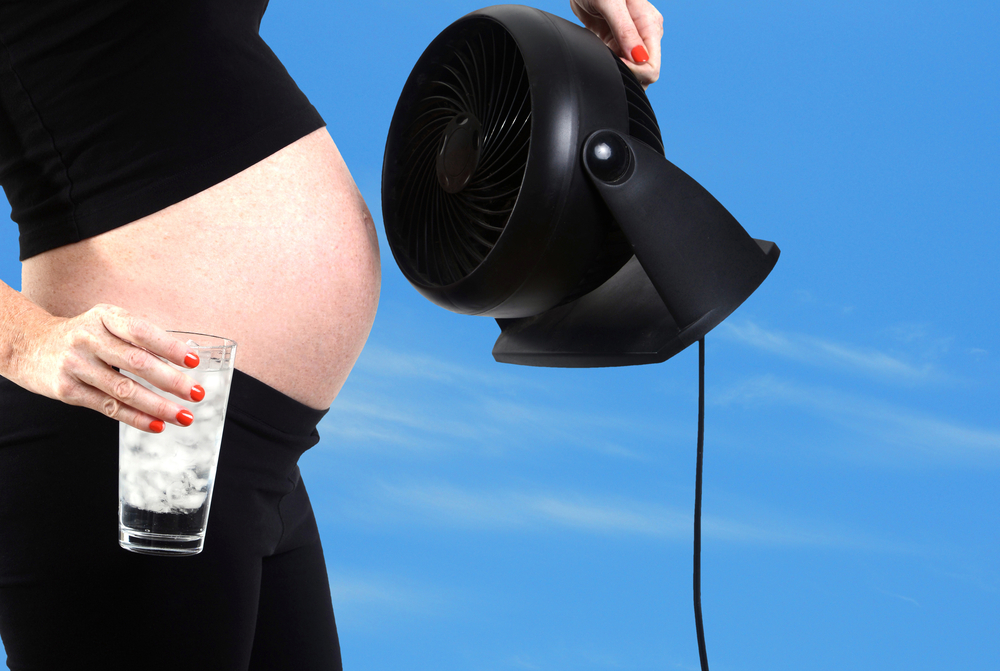Contents:
- Medical Video: Active management of the third stage of labour
- Women can only get a limited amount of pregnancy
- Women who give birth more than 5 times
- Is there a risk if women get pregnant and give birth many times?
- 1. Preeclampsia
- 2. uterine prolapse
- 3. Pravicular placenta
- 4. It's hard to raise a large number of children at once
Medical Video: Active management of the third stage of labour
Are there limits to how many times you get pregnant and give birth? Are there adverse health effects for women who get pregnant and give birth many times? Let's look at the explanation below.
Women can only get a limited amount of pregnancy
Pregnancy basically can only occur if there is fertilization, and fertilization requires egg and sperm. Women are destined to have the role of having an egg in their womb in the process of fertilization.
Well, these eggs will usually shed during menstruation which starts at puberty (usually starting at the age of 12 years) and this will last until the entire egg cell runs out (menopause). So as explained earlier, how many times pregnancy and childbirth will be determined by the presence or absence of eggs from a woman's womb.
So women can get pregnant and give birth as much as possible, as long as there are eggs, and accompanied by adequate health conditions.
Women who give birth more than 5 times
A woman or a mother who is pregnant and gives birth more than 5 to 6 times, is called multi gravida or multi parity. Multi gravida is how many times a person is pregnant, while multi parity is how much a person gives birth. The problem is, not all pregnancies and births can be calculated with certainty.
For example, a pregnancy will not be counted if the pregnancy has a miscarriage or for example a pregnancy that does not reach the age of the first or second trimester. Then, a birth is not necessarily the same as the number of pregnancies, because there can be one pregnancy there are 2 births or more (twins).
Is there a risk if women get pregnant and give birth many times?
The possible risks will be related to the dangers that may arise for the mother and her baby. Here are some health and non-health risks that can be obtained if you are pregnant and give birth to many children.
1. Preeclampsia
Preeclampsia is a danger that will affect the health of the fetus in the womb. This happens if the blood flow through the placenta is disrupted, so the baby can lack oxygen and nutrients. The effect can inhibit fetal growth normally and can threaten the survival of the fetus itself. One risk factor is pregnancy and birth that are less than 2 years old.
2. uterine prolapse
Uterine prolapse or commonly referred to as 'descending peranakan', is a condition of the uterus dropping into the vagina. Usually there are levels, from grade 1 to 4. If so grade 4 then the uterus (womb) has come out of the vagina. The risk factors are due to the number of children, the type of labor, the size of the baby born and the abnormalities of collagen.
This complaint is usually felt before or after menopause, because the tissue around the uterus is more 'loose' or an increase in abdominal pressure, one of which is the cause of chronic cough.
3. Pravicular placenta
Placenta previa is a condition when part or all of the placenta covers the cervix. The placenta or placenta will form and attach to the uterine wall when a woman is pregnant. This factor occurs when you get pregnant and give birth many times. The more you get pregnant and give birth, the more difficult the pregnancy process is to find a place for conception.
4. It's hard to raise a large number of children at once
Pregnant, giving birth, and raising a lot of children today, need funds and a lot of responsibility. To ensure maximum growth and development, parents need to fulfill their children's nutritional needs. No less important, children need optimal education.
In addition, a large number of families (children) need a sharing of time, attention, and costs that must be carefully prepared. Not necessarily the two parents can divide these three things fairly and adequately. If the distance between children is too close, of course this will be increasingly difficult to fulfill. One way to control and prevent excessive pregnancy, you can get by using a family planning system, which is using pregnancy contraception.












